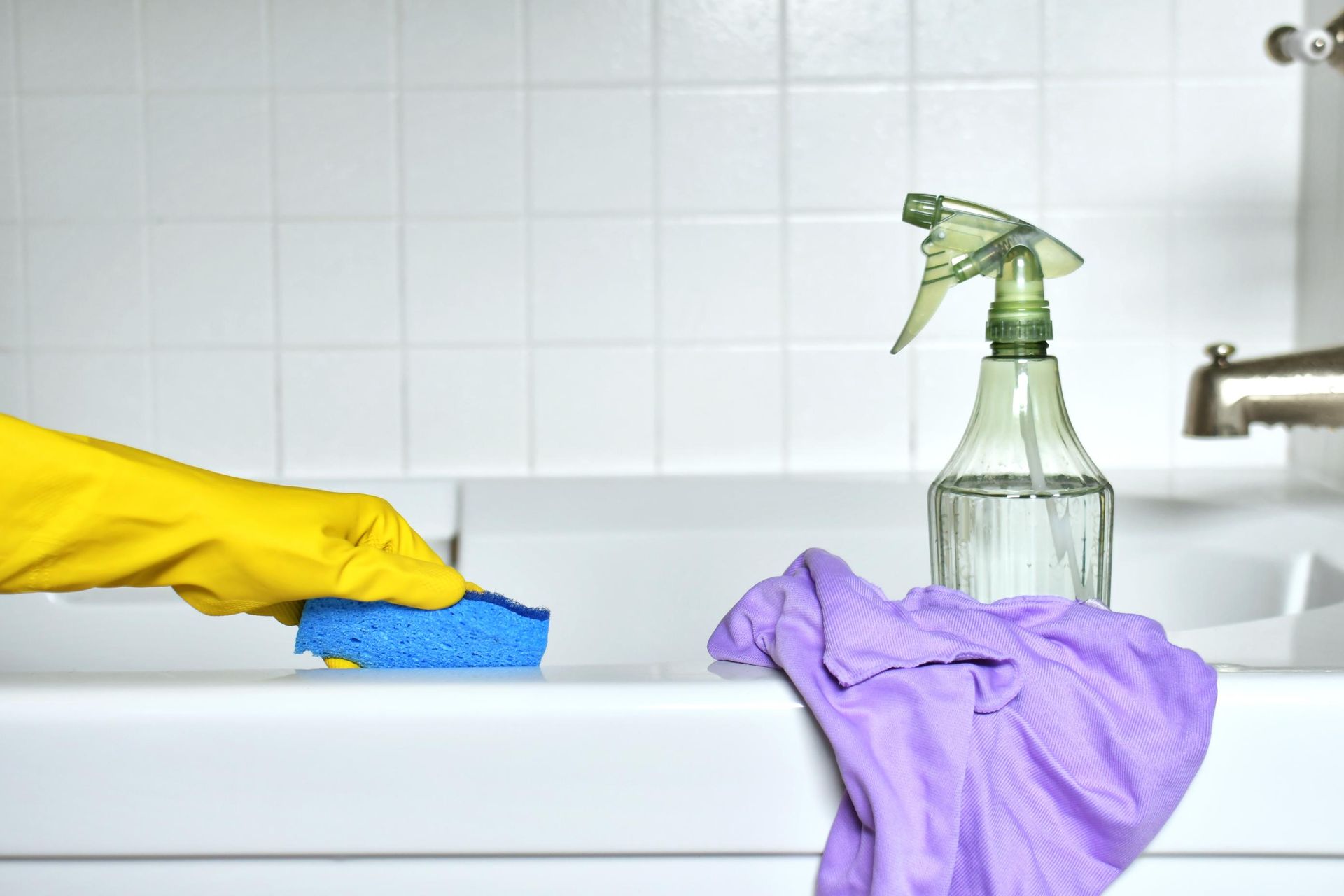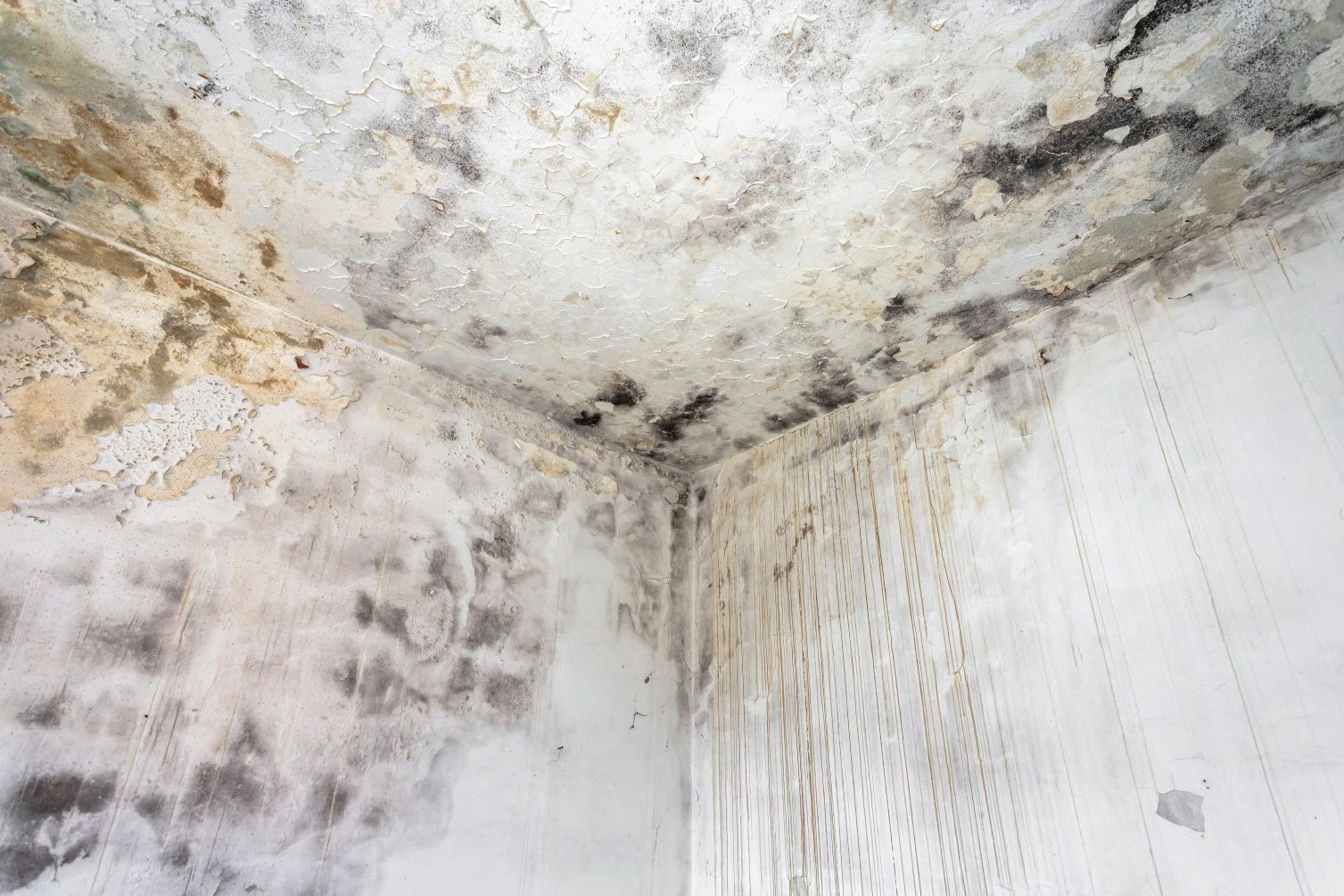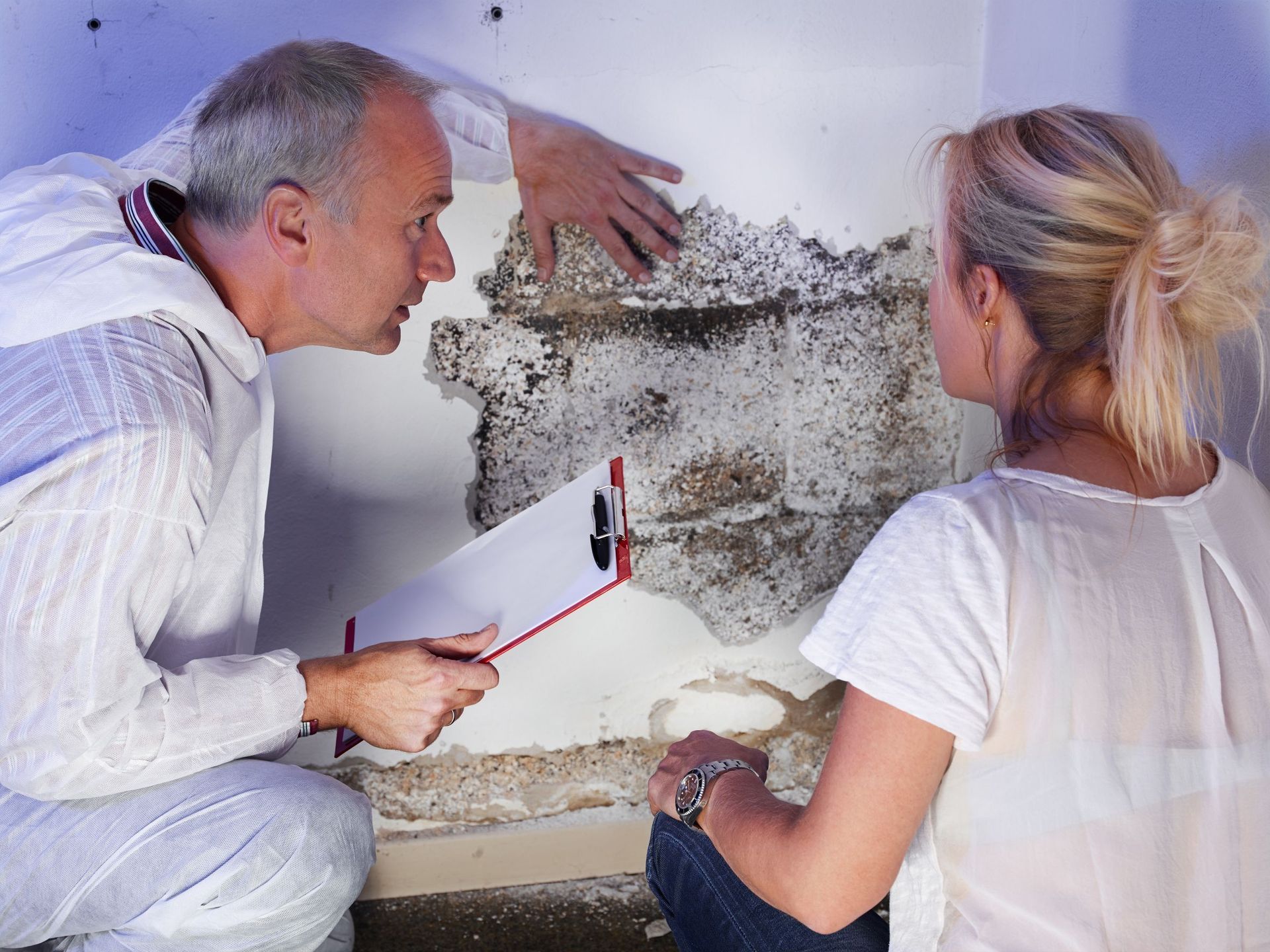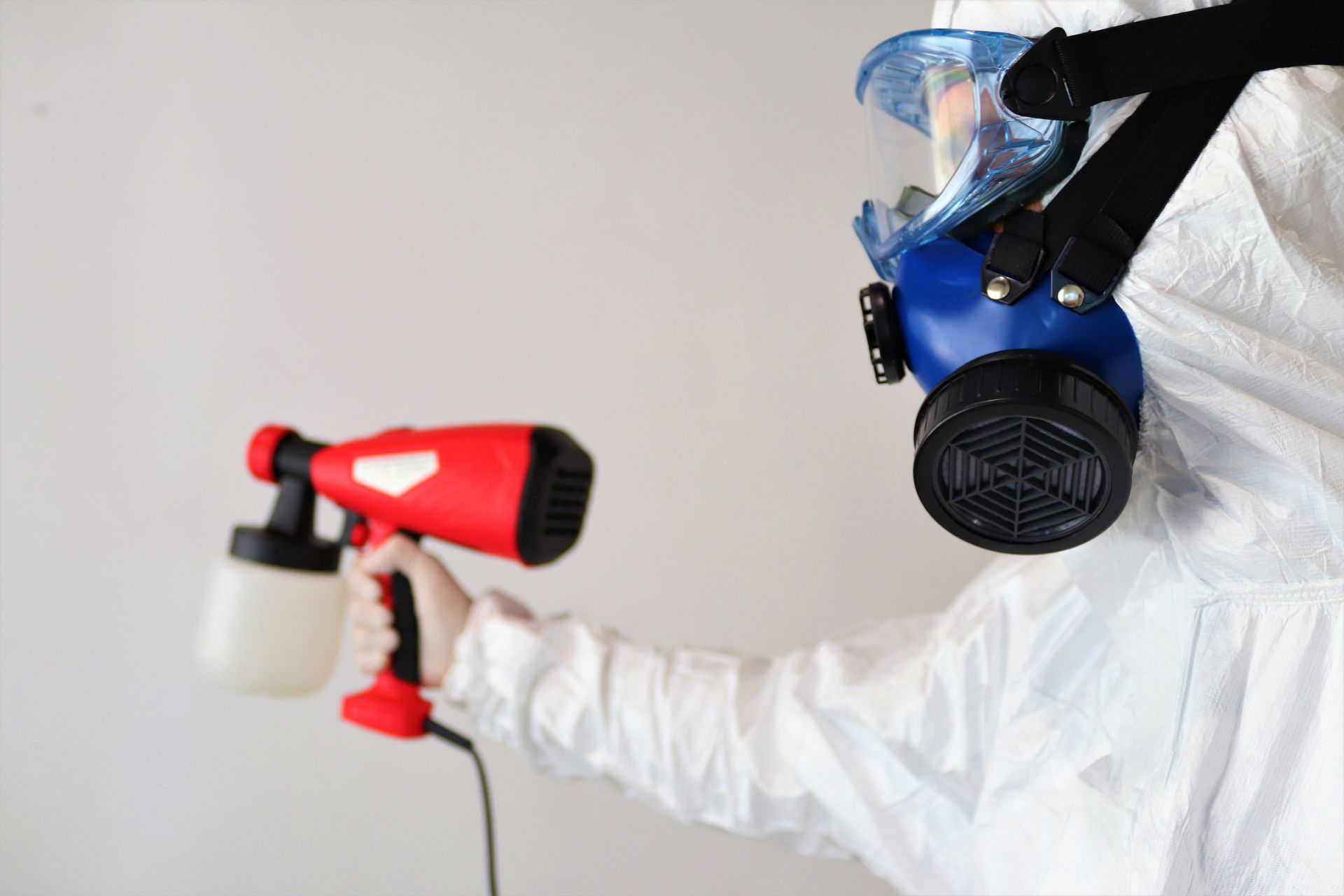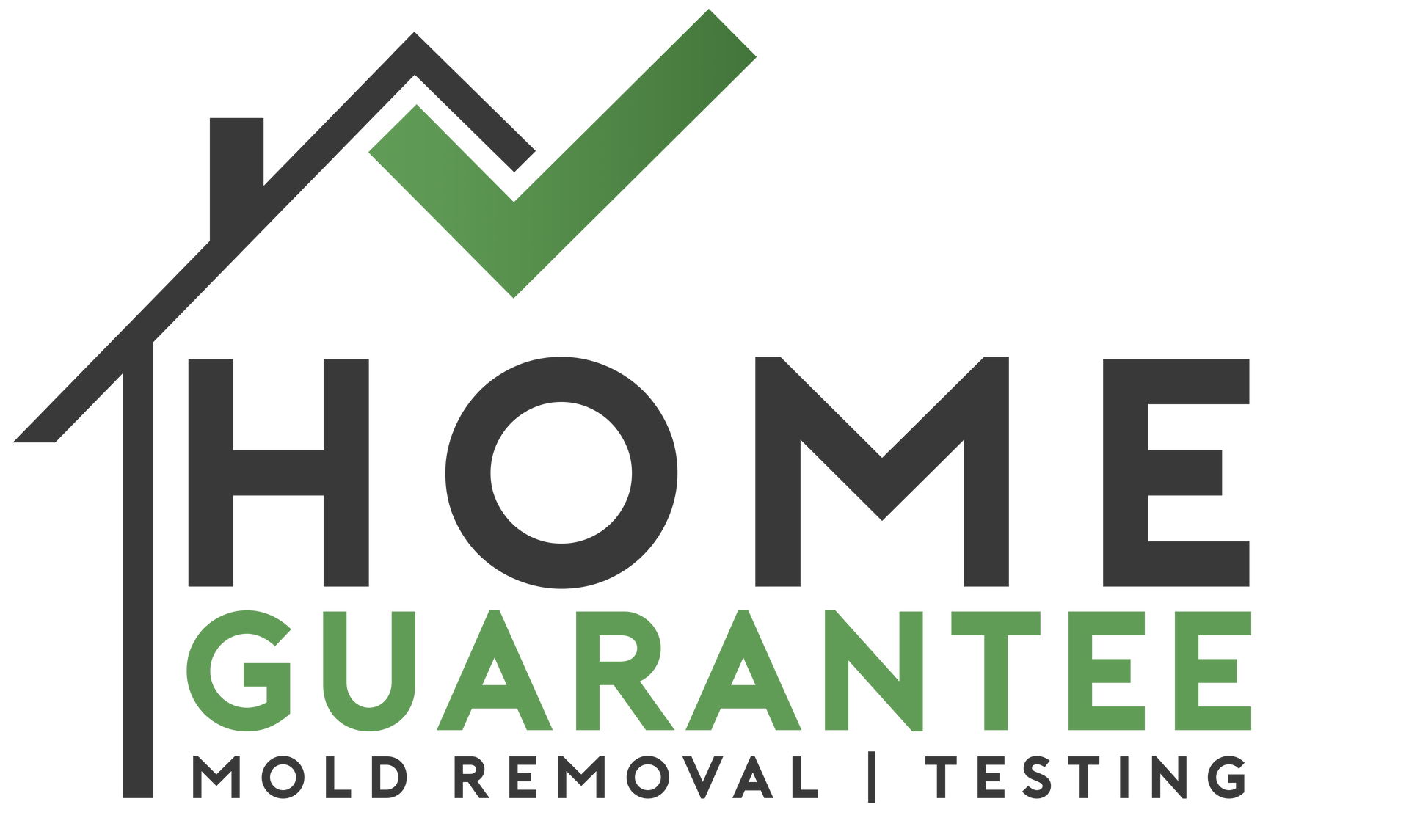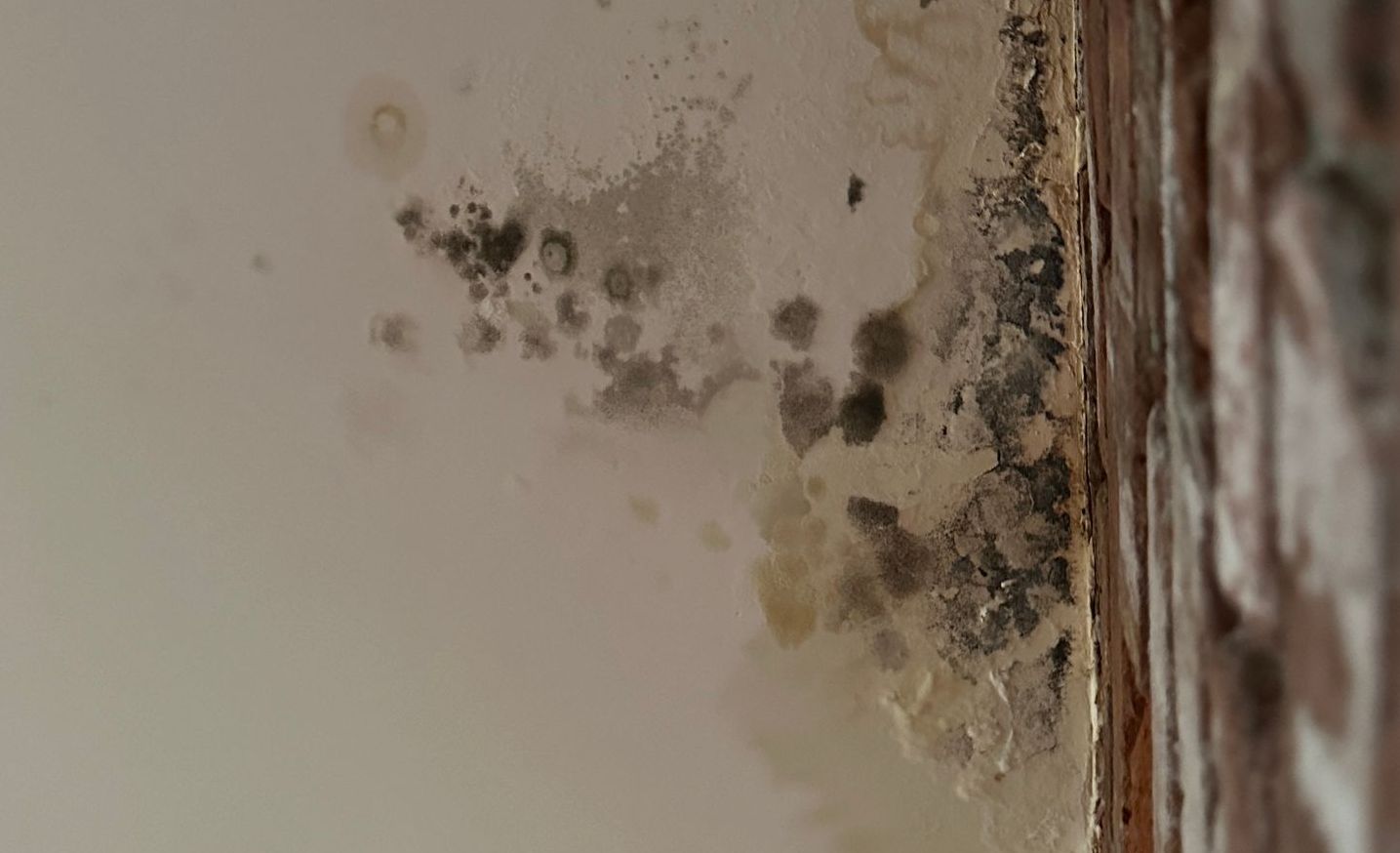Common Myths And Misconceptions About Mold Remediation

Mold is a common household issue, and when it's discovered, it can raise concerns and misconceptions. To help you make informed decisions and protect your health and property, let's dispel some of the common myths and misconceptions about mold remediation.
MYTH 1: DIY MOLD REMEDIATION IS EFFECTIVE
One of the most prevalent misconceptions is that do-it-yourself (DIY) mold removal is sufficient. In reality, mold remediation requires professional expertise. Mold can grow inside walls, under floors, and in hidden corners, making it challenging to eliminate entirely without the proper equipment and training. Attempting DIY mold removal can lead to incomplete remediation and potential health risks.
MYTH 2: MOLD REMOVAL EQUALS MOLD REMEDIATION
Mold removal, often involving the cleaning of visible mold, is not the same as mold remediation. Mold remediation addresses the root cause of the issue, identifies hidden mold, and ensures it won't return. A comprehensive approach is essential to safeguard your home and health effectively.
MYTH 3: BLEACH AND PAINT ARE SUFFICIENT
One of the most persistent myths is the belief that a mixture of bleach and paint will effectively remove mold. In reality, this approach is ineffective. It may appear to work temporarily, but it doesn't eliminate the underlying problem. Mold can continue to grow behind the painted surface, making the issue worse in the long run.
MYTH 4: MOLD WILL DISAPPEAR ON ITS OWN
Some homeowners assume that mold will eventually disappear on its own. Unfortunately, mold doesn't vanish spontaneously. It can grow and spread, leading to more extensive damage, higher remediation costs, and potential health issues. Addressing mold promptly is essential to prevent these complications.
MYTH 5: MOLD-RELATED HEALTH RISKS ARE OVERSTATED
Another misconception is that the health risks associated with mold are exaggerated. Mold can release allergens and mycotoxins that can affect respiratory health, exacerbating allergies and asthma. Individuals with compromised immune systems are particularly vulnerable. Mold testing is essential to identify the type and concentration of mold in your home, allowing for proper
assessment and remediation.
MYTH 6: PREVENTING MOLD GROWTH IS UNNECESSARY
Many believe that mold growth prevention is unnecessary, and once the problem is addressed, they can forget about it. Preventing mold growth is an ongoing process, which includes addressing underlying issues like leaks, improving ventilation, and controlling indoor humidity. Maintaining a dry and well-ventilated home is key to preventing future mold issues.
MYTH 7: MOLD DOESN'T AFFECT HOME VALUE
The presence of untreated mold can affect the value of a property. Potential buyers may be deterred by mold issues, as they can signal underlying problems with the home. Promptly addressing mold through professional remediation not only ensures a healthier living environment but also protects your property's value.
In summary, it's essential to separate fact from fiction when it comes to mold remediation. Understanding these common myths and misconceptions is the first step toward making informed decisions. When dealing with mold issues, always consult certified professionals who can assess, remediate, and prevent mold problems effectively. Your health and your home's value depend on it. Don't let these myths and misconceptions put your well-being at risk.
Share this Post
Read More Posts
